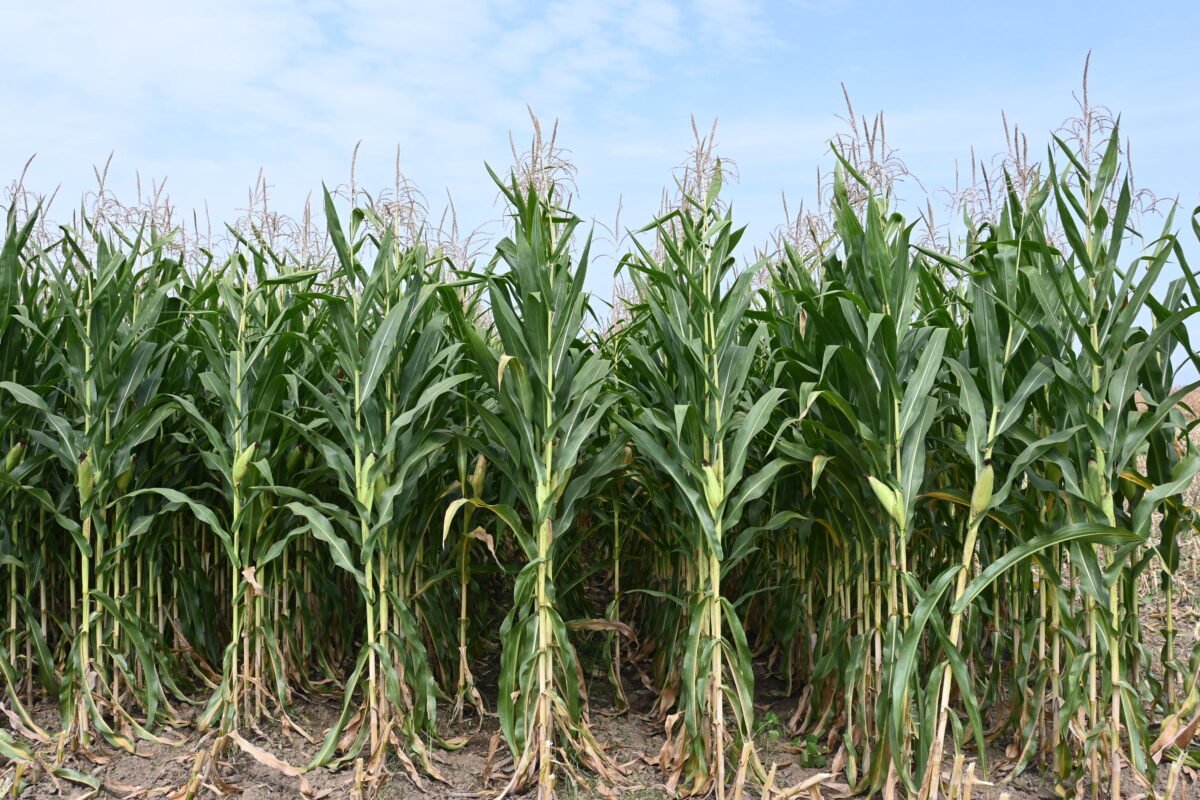Hybrid Ecomm platform designed for B2B, B2C and C2C in the 360-degree offerings
Animpet Ecomm launched India’s first Hybrid E-Marketplace Animstok.com after successful trial runs mounting over 25k vendors offering 150k products and services.
Vendors number will be scaled up to one million offering 10 million products, Karishma Dagar, AnimStok.com Cofounder and Chief Marketing Officer said in a statement adding that the platform is an attempt to give an organised marketplace, which hitherto is largely physical and unorganised, offering B2B, B2C and C2C services on a single platform.
For this purpose, the company has set a target of creating a 12,000-strong workforce, the bulk of which would be for marketing and technology during the very first-year operations, while the platform would have 15 verticals ranging from livestock trading, dairy and products, poultry, meat and products, animal feed, nutrients, medicines and veterinary services, she said adding that “Animpet has been accorded a startup certificate under the Animal husbandry and industry head by the Union Commerce Ministry.
“India is the global leader in milk production, number two in fisheries, number three in egg production, number four in buffalo meat exports etc. Yet the irony is the entire animal economy is heavily segmented and largely unorganized. This caught our imagination and over four years of subject research along with technology deployment for the purpose has resulted in AnimStok.com,” she said.
Bhasker Pathak, company promoter and CEO and Ashish Gupta, co-founder had earlier created a website for betting in races and other sports, mounting about 130 global entities and the same is now operational from the UK as part of a stable of a media, and this success led the cofounders to create the company for online trading through deployment of technology in the most transparent manner.
Logistics and payment gateway for ease of trade and transactions have been arranged for the purpose, Dagar said adding that for the purpose of expansion, the company has already started tapping potential investors both in India and Overseas who have generally welcomed the concept and soon presentations will be made for them.
“Our goal is to bring a moderate one per cent of the $400 billion estimated at the last count on our platform in the very first year and for this purpose, we will have representatives in every region and districts in the country. In the initial phase, AnimStok.com will also be operational Gulf region and a few leads, essentially for animal feed, were generated from buyers in UAE who could tap suppliers through the platform,” she said.
Animal trade and meat are sensitive subjects in a number of places including India, and the Ecomm platform will be customised in line with rules and regulations in each of the countries, she said adding that for the purpose of ease of trading, products and services would be put in 2000 categories, each detailing number of vendors, products, and prices.
AnimStok.com is an “open for all” platform where anybody, from an established brand to a local vendor, can register and sell their services and products with the advantage of a zero joining fee and the company will follow the established good trade practices in the Ecomm sector, Dagar said adding that one of the prominent features of Animstok.com will be relating to the listing of available manpower and opportunities in the sector akin to employment exchanges.
Hybrid Ecomm platform designed for B2B, B2C









